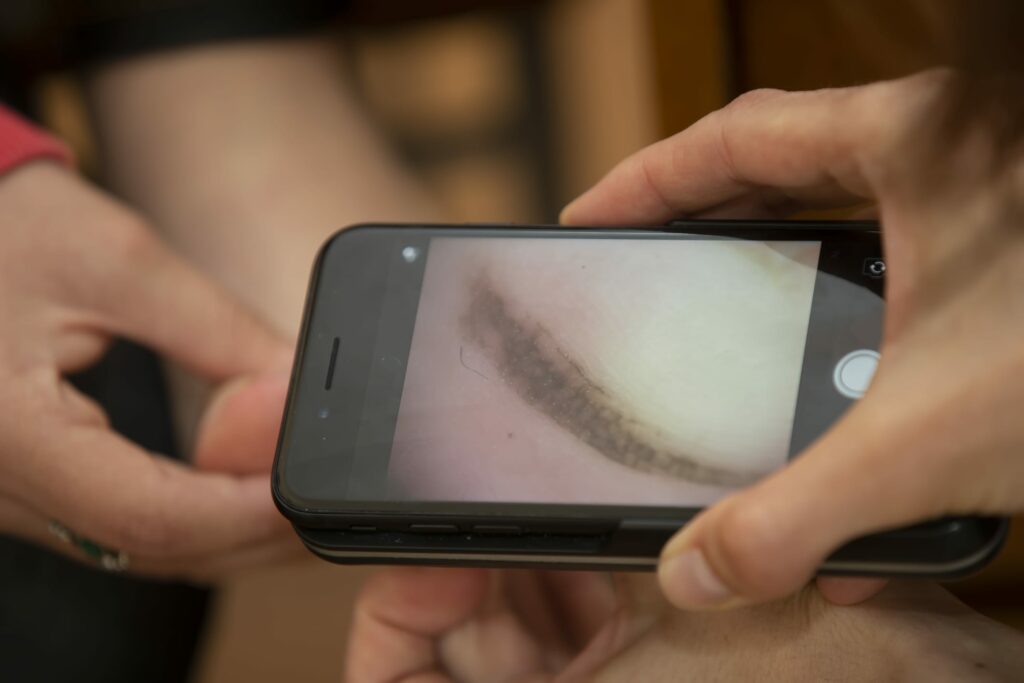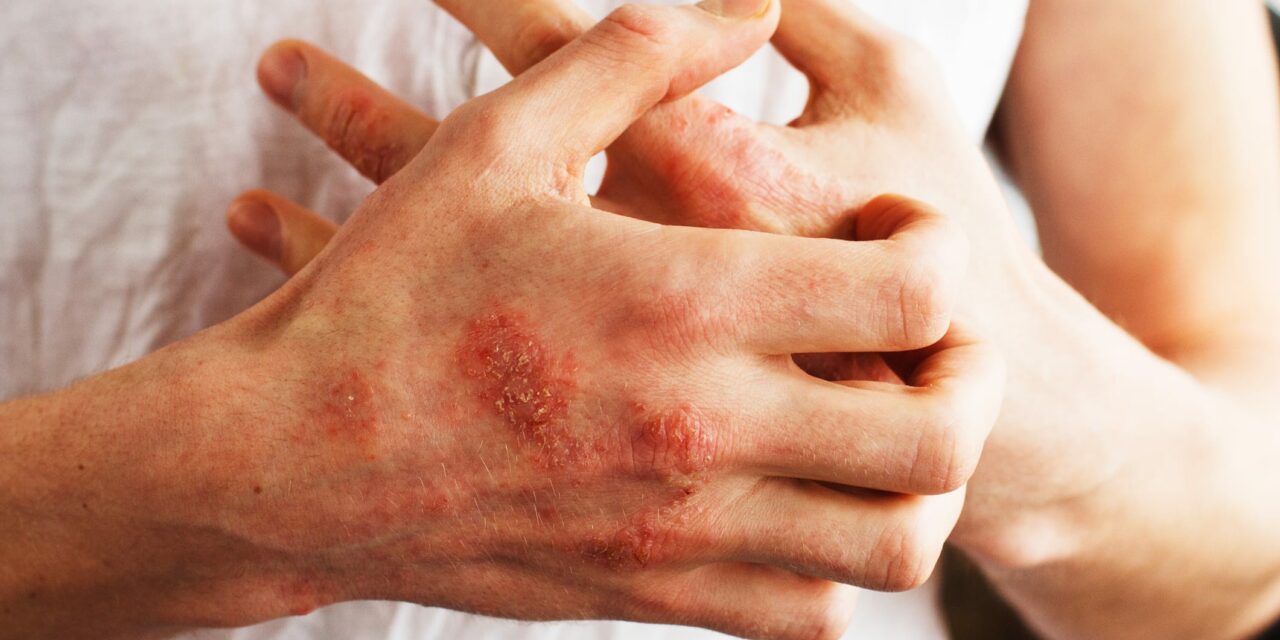Mobile health applications are emerging as essential tools in helping patients manage chronic skin conditions through symptom tracking and treatment adherence features.
Mobile health apps are increasingly essential in managing chronic dermatological conditions, providing tools for tracking symptoms, adhering to treatment plans, and educating patients.
Chronic dermatological conditions such as psoriasis, eczema, and acne require ongoing management and monitoring. Mobile health applications have become invaluable tools in supporting patients and healthcare providers in this regard. These apps offer features that help track symptoms, ensure adherence to treatment plans, and provide educational resources.
Symptom Tracking and Monitoring

Apps like MySkinPal and SkinTracker allow users to document their symptoms daily, upload photos, and note any triggers or changes. This continuous tracking provides a comprehensive view of the condition’s progression, enabling more informed clinical decisions.
A study published in the Journal of Dermatological Treatment found that patients who regularly used symptom tracking apps had better control over their conditions and more effective consultations with their dermatologists (Florida Healthcare Plus) (PLOS).
Treatment Adherence
Adherence to treatment plans is crucial for managing chronic skin conditions effectively. Apps such as Medisafe and CareZone send reminders for medication and skincare routines, helping patients stay on track. These reminders, coupled with the ability to log treatments and outcomes, significantly improve adherence rates.
According to research in Telemedicine and e-Health, patients using these apps reported a 30% increase in treatment adherence compared to those who did not use any digital tools (MDPI).
Educational Resources and Community Support

Education plays a key role in managing chronic conditions. Apps like Dermio and WebMD Skin Health provide users with access to reliable information about their conditions, treatment options, and lifestyle adjustments. These apps often include community forums where patients can share experiences and support each other.
Such educational resources and peer support are linked to better self-management and improved psychological well-being, as highlighted in a study by the Journal of the American Academy of Dermatology (Florida Healthcare Plus).
Real-World Applications and Case Studies
Case Study: MySkinPal
- Functionality: Tracks symptoms and monitors skin condition changes.
- Outcome: Improved patient-provider communication and more tailored treatment plans (PLOS).
Case Study: Medisafe
- Functionality: Medication and skincare routine reminders.
- Outcome: Increased treatment adherence and better management of chronic conditions (MDPI).
Case Study: Dermio
- Functionality: Provides educational content and community support.
- Outcome: Enhanced patient education and self-care, leading to better overall outcomes (Florida Healthcare Plus).
Looking Ahead
Mobile health applications are playing a role in the management of chronic dermatological conditions. By offering tools for symptom tracking, treatment adherence, and patient education, these apps are enhancing the quality of care and improving patient outcomes. As technology continues to advance, the potential for these apps to support chronic condition management will only grow, providing even more robust and personalized care solutions.
Photo 140714805 © Olga Ternavskaia | Dreamstime.com




